Palmetto Bluff Real Estate Company Sales Office
Office Hours
Monday-Friday 9am - 5pm
Saturday 9am - 4pm
Sunday 12 - 4pm
Saturday 9am - 4pm
Sunday 12 - 4pm
“The water is where I found my peace of mind again,” Jared shouts over the roar of the 25 horsepower Yamaha motor as we cruise along the glassy blue waters surrounding Palmetto Bluff. “Out here, it’s just me and the water.” He deftly navigates the little boat through the twists and turns of the river, and he looks happy- a bit concerned if the old Yamaha will break down on us- but happy nonetheless.
Jared Mayhew is a 31-year-old who has lived more lives than most 30-somethings. A veteran who returned home from two tours in Iraq, he has seen things that would make most people lose their lunch -probably their dinner, too- and yet he carries himself with a gracious confidence that makes you not only want to be his friend, but obtain his approval, too.
“See all that water out there?” He points to the wide expanse of river, marsh and trees. The Yamaha sputters ominously. “All that is my lease; that’s my farm.”
As founder and owner of J&W Oyster Company, Jared is making a name for himself in the Lowcountry as the cultivator of some of the most beautiful -and tastiest -oysters this area has to offer. His handpicked, homegrown oysters are making waves among chefs and home cooks alike, all clamoring for the same thing: that salty, briny taste that makes South Carolina oysters so great.
“Chef Brandon says they are briny with a clean finish,” he grins and rolls his eyes, flattered by the compliment, but not completely buying into the epicurean lingo. “I know one thing; they are good.”
Raising oysters – aquaculturing, he called it – is a labor of love, not to be entered into lightly nor with soft hands. Jared sources his oyster seeds from Lady Island outside of Beaufort and then raises them from the time they are teeny-tiny babies, about five millimeters in length, to full maturity, about four to five inches. The entire process takes a few months, but requires stamina, patience and hard work.
“It’s like being a farmer,” Jared says as he maneuvers the little boat to deeper water. “You don’t get good land; you make it good land.” And make it into good land he does. He trolls his state lease with the eye of a hawk and the perseverance of a young mother, surveying the property for wild oysters and protecting the cages of oysters he is raising by himself.
Wild oysters are those growing in clusters along the water’s edge and are used for oyster roasts, while the oysters in cages are those destined to be served on fine bone china – maybe chilled on the half-shell, accompanied by a lemon wedge- in venerated restaurants such as the River House at Palmetto Bluff. Among Jared’s first customers, folks at Palmetto Bluff have shucked and eaten J&W Oysters for years. Executive Chef Brandon Carter prepares the oysters in many ways, each with a sincere respect for the beautifully-rare seafood and the man who brings it to him.
“That’s what I love most about my job: the marketing of it. One day, I’ll be harvesting oysters in the mud, and the next day, I’ll be tasting oysters with good chefs, drinking fine wine,” he laughs. “It’s fun.”
Jared is calm and easy-going, and it’s hard for me to imagine this gentle person driving the fishing boat as a trained soldier serving our country in Iraq, but he was. He served as an artillery scout for the U.S. Army, surveying the land to locate the enemy and direct U.S. troops in the right direction.
“Maybe that’s why I’m good at finding oysters,” Jared chuckles, shrugging his shoulders as he reaches down to jump-start the Yamaha again.%GALLERY%
His harrowing tales of his time in Iraq make me squirm in my seat, but I listen intently to understand his story and respect the time he spent protecting our country. “When we manned a machine gun, we used to yell, ‘Peanut butter and jelly! Peanut butter and jelly!’ to make sure we kept breathing while shooting each round. Your adrenaline is pumping so hard that sometimes people would pass out when shooting a machine gun. Saying ‘peanut butter and jelly’ is the same amount of time it
takes to go through a round, so that’s what we did.” I had to do everything I could to not start crying; I prayed that the Yamaha wouldn’t break down at this moment, either.
Adrenaline was also the reason that Jared and fellow soldiers had to “check for holes” -and by ‘holes’ he means ‘bullet holes’- after being shot at from enemy lines. “Someone would yell for everyone to check for holes, and we patted ourselves down from head to toe, and then smell our hands to see if they smelled like blood. Our adrenaline was pumping so hard, we wouldn’t even know if we’d been shot.” The sense of smell apparently is immune to the pump of adrenaline.
When he returned to the U.S. from his second tour in Iraq, he was angry, and understandably so. “I was used to being an animal, and then I got back home, and it’s like everything was just supposed to go back to normal again.” But Jared couldn’t go back to normal. After seeing dozens upon dozens of soldiers killed, he had changed. Seeing life and death exchanged so quickly and so irreverently made him look at mortality differently. And then he found the water. He found his release cruising on the May River, reflecting on his life and taking stock of what he had. He used the water to rejuvenate his mind, his soul, and he used his appreciation for the pristine marshland and river to recover from what he had seen in Iraq. And then, thankfully for us, he found oysters.
“I was bored and didn’t know what to do in the winter, so I started messing around and seeing if I could raise oysters. And I could,” says Jared as he fingers through the tiny oysters in the cages on the marshy shore. We had managed to beach the boat safely on the muddy sand, and my eyes darted back at the stern to see if the Yamaha was still attached to the boat. I swear that thing glared back at me.
After oyster farmers apply for the proper licensing, they have to prove to the state of South Carolina that they are capable of and dedicated to taking care of the oyster beds. After Jared proved his natural ability, the state leased the land to him at no charge in exchange for his supervision of the area.
Jared tosses the little oysters back into the cages and picks out a larger oyster. “Want me to open it up?” he asks, and I nod as I take a small step backward. “Why are you backing up? It won’t hurt you!” he laughs as he pries open the hard, brackish shell. “Hey, now that’s a good lookin’ oyster right there.” Jared prefers his oysters steamed with no condiments, in case you were wondering. He says horseradish takes away all of the flavor, and cocktail sauce is for shrimp. And by shrimp, he means wusses.
As we putter our way back to the dock at Palmetto Bluff, the tide begins to rise, and the salty spray from the water mists our faces. I lick my lips to taste the salty goodness that helps make Jared’s oysters so delicious and sought after, and begin to wonder why I didn’t eat that oyster he shucked earlier. But it is not only the salt that makes the oysters so good, it’s also the water. Full of nutrients and flavor, the water plumps up the oysters to make them swell to the perfect size for eating. And just as the water gives life to the oysters he sells, it brought Jared back to life too.
Photography by Rob Kaufman
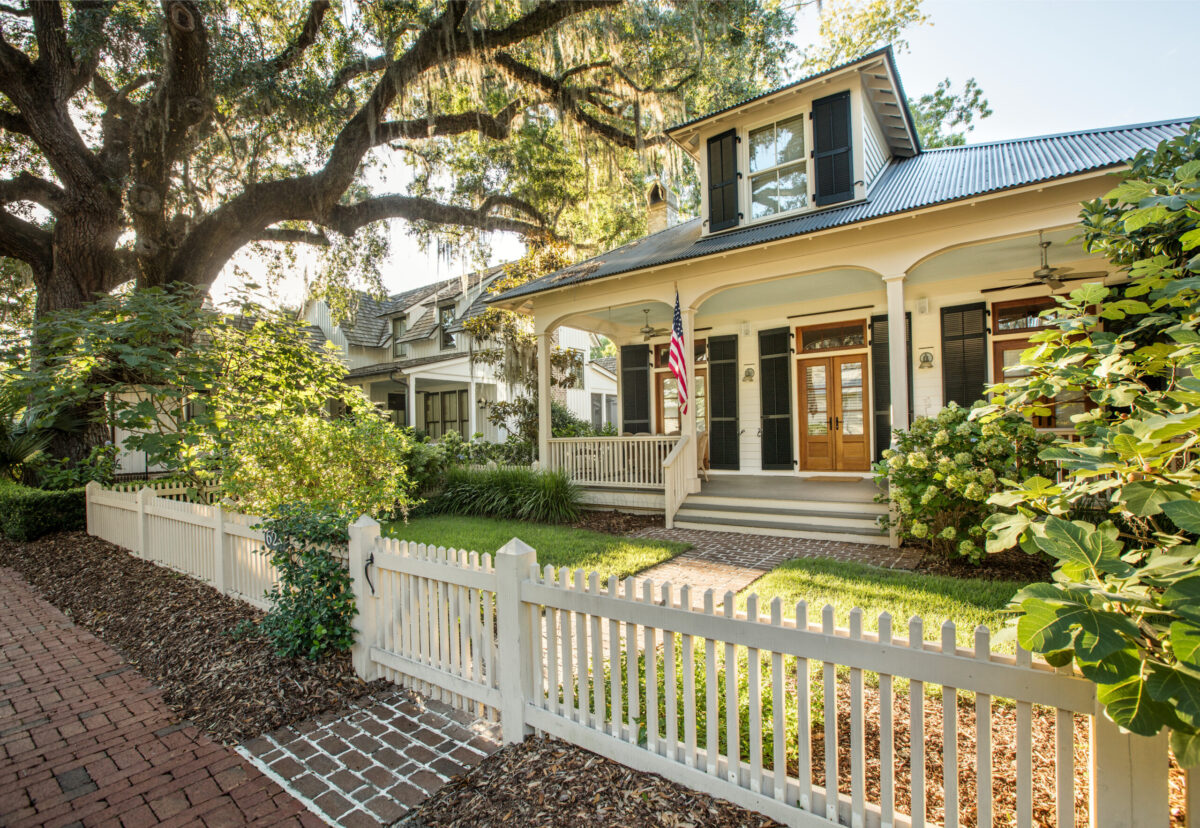
7 Ways To Upkeep Your Palmetto Bluff Home As spring arrives in the Lowcountry, the change in season brings more than blooming marshlands and sun-drenched afternoons; it’s also a perfect time to refresh and care for your Palmetto Bluff home. Coastal living mea...

5 Renovations to Increase the Value of Your Lowcountry Home Whether Palmetto Bluff is your full-time residence or a cherished retreat, deciding to sell is never a quick or casual choice. However, when the time does come, you want your home to be as market-rea...
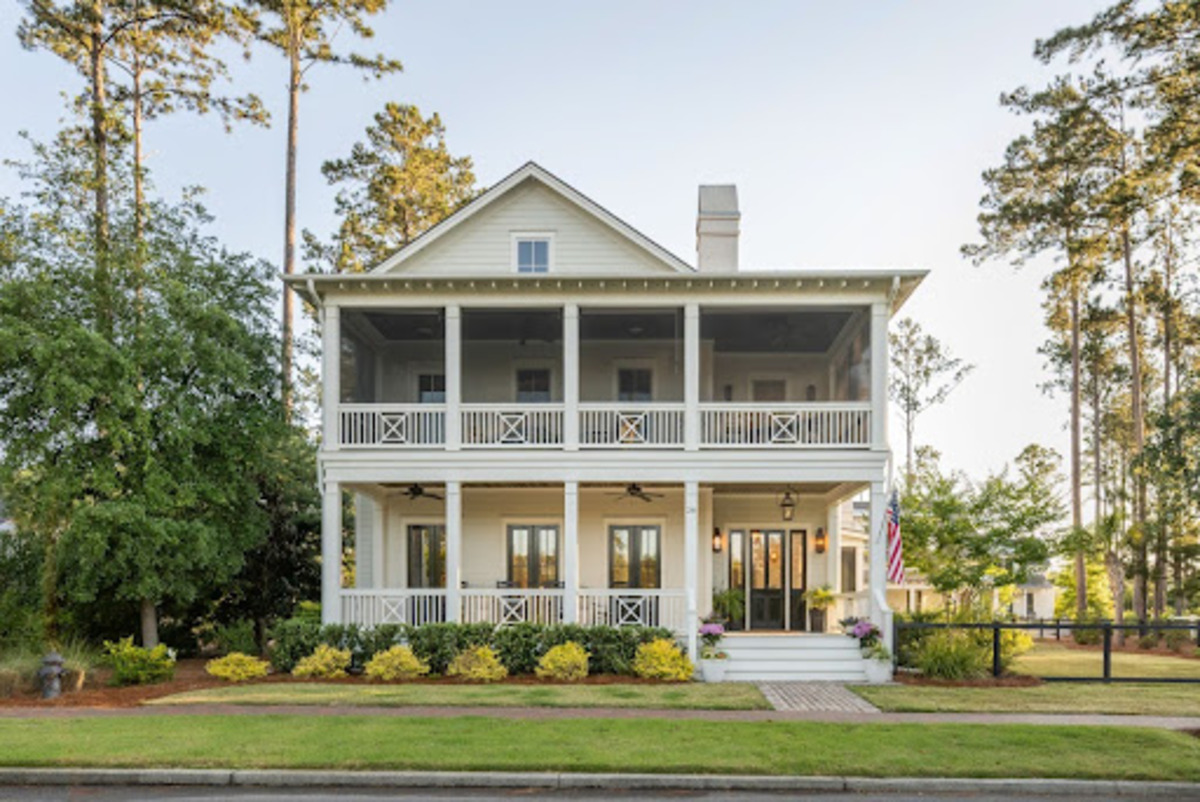
Explore 28 Yearling Road in River Road Neighborhood Tucked within the heart of Palmetto Bluff’s beloved River Road neighborhood, 28 Yearling Road is a masterclass in Lowcountry elegance—where timeless architecture meets modern comfort, and every detail invite...

When the land speaks, you listen. And at Palmetto Bluff, it spoke to two of golf’s most legendary course designers—Bill Coore and Ben Crenshaw. We invite you to watch our newest video, shot this past winter and featuring Bill and Ben, along with South Street P...

Chef Rhy Waddington is always thinking about elevating the dining experience, down to the smallest detail. His most recent creation is perfect for the summer season - a trio of BBQ sauces designed to complement the property’s barbecue offerings and beyond. We ...

Summer at Palmetto Bluff is all about soaking up the sun, cooling off in style, and enjoying the simple pleasures of Lowcountry living. From peaceful afternoons at The Lodge Pools to lively family fun at Moreland, our pools offer a perfect se...
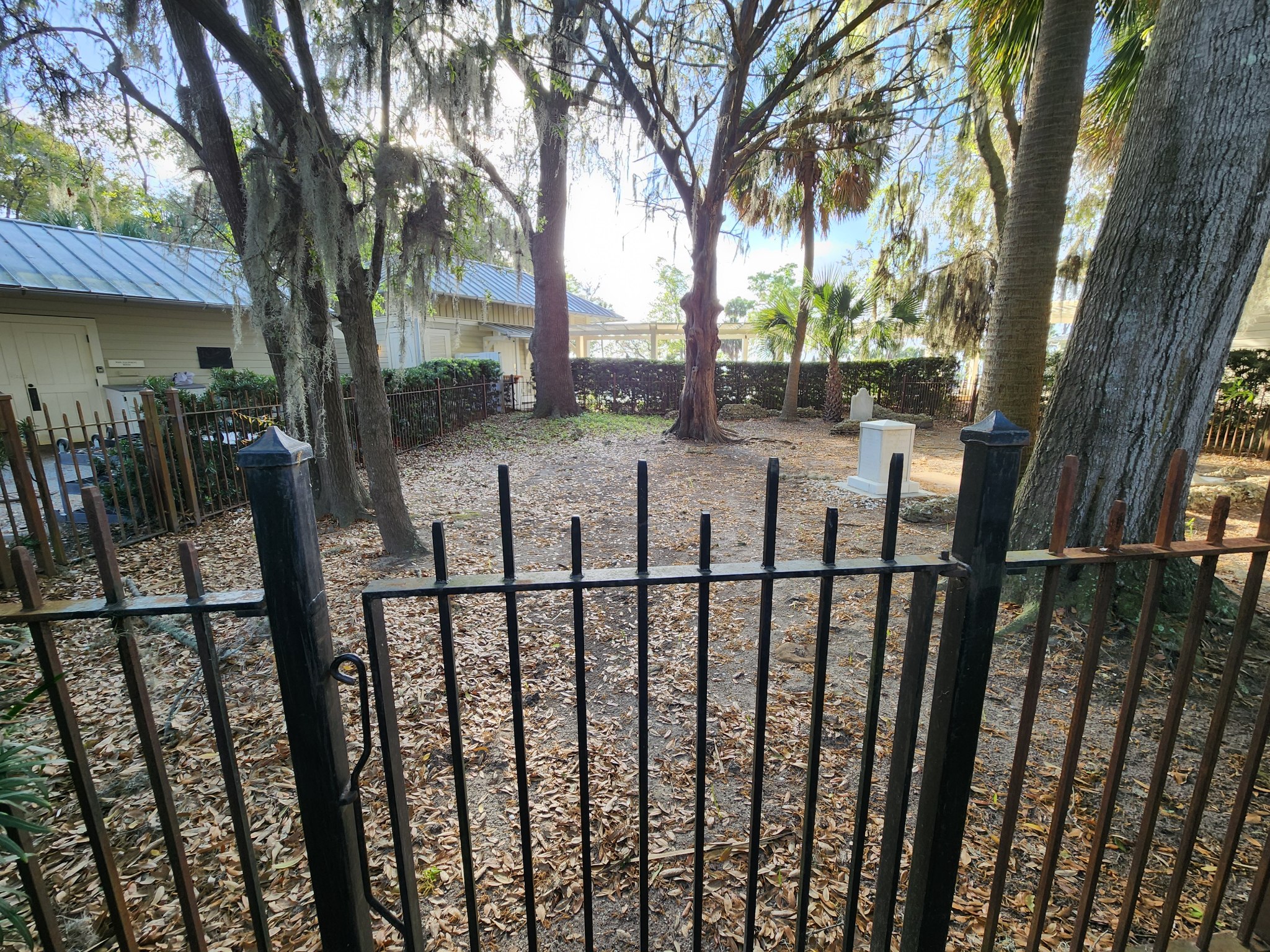
On July 5th, the Palmetto Bluff Conservancy will partner with South Carolina 250 (SC250) to mark the 250th anniversary of the American Revolution with a special walking tour honoring Beaufort County’s often-overlooked role in the war. Led by archaeologist Kati...
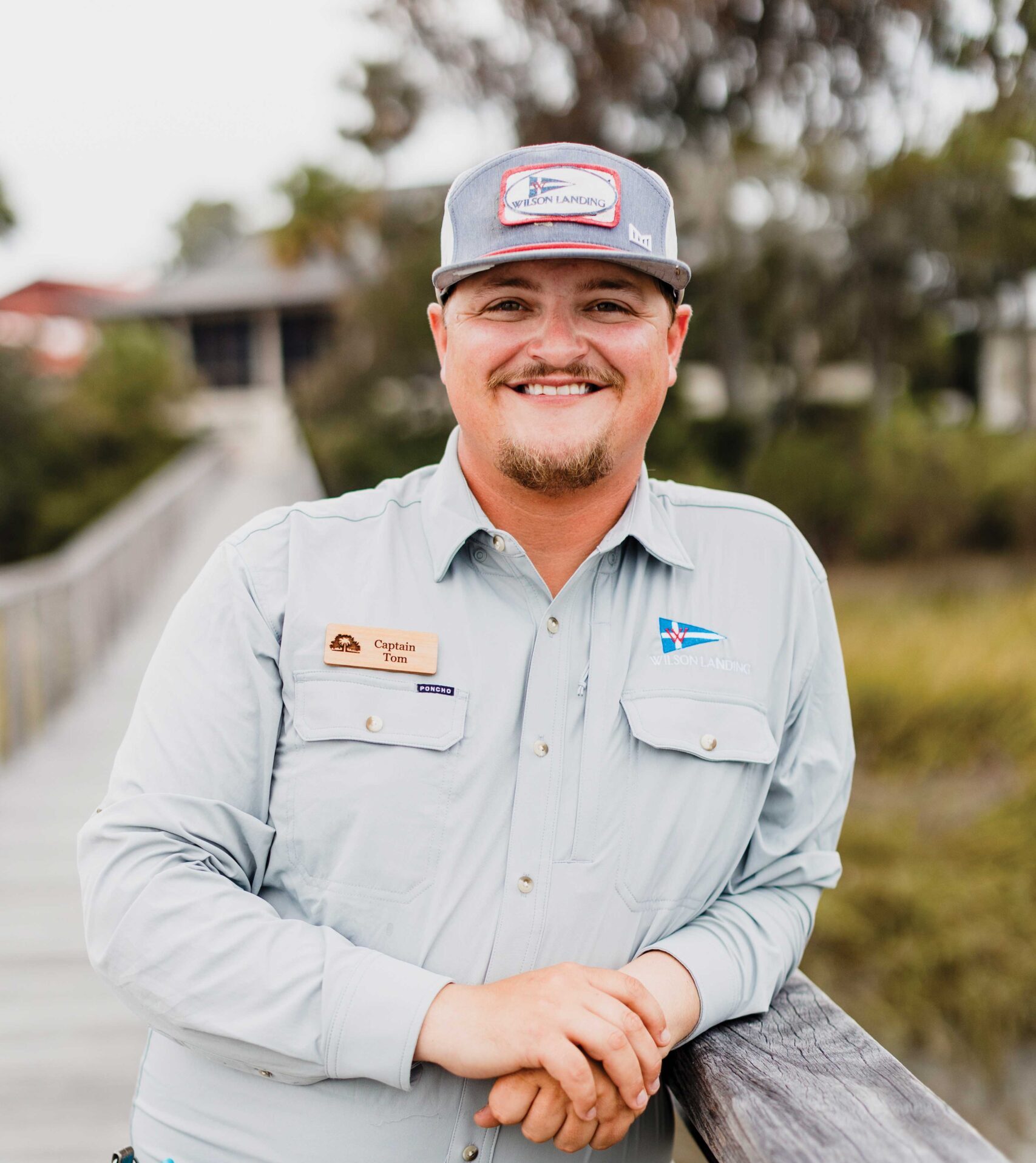
The Bluff | Spring/Summer 2025 Tell me about where you grew up. I was born and raised on Broad Creek in Hilton Head and I’ve been boating and fishing since I was a tiny kid. I got into the industry when I was eight. I’d go down to Shelter Creek Marina and be...
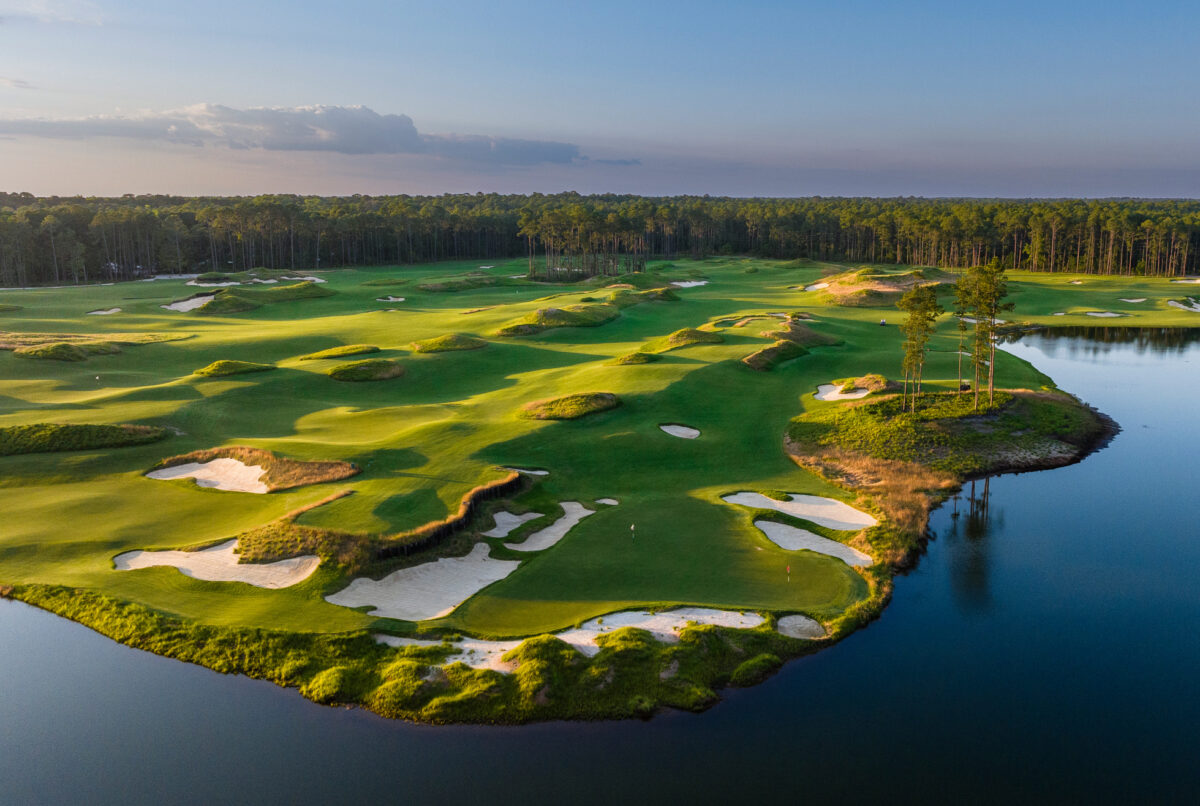
How to Enjoy a Day of Golf at Crossroads At Palmetto Bluff, Crossroads nine-hole golf course offers more than a place to play—it provides a sense of belonging. While the course layout is thoughtfully designed and visually stunning, what sets Crossroads apart...
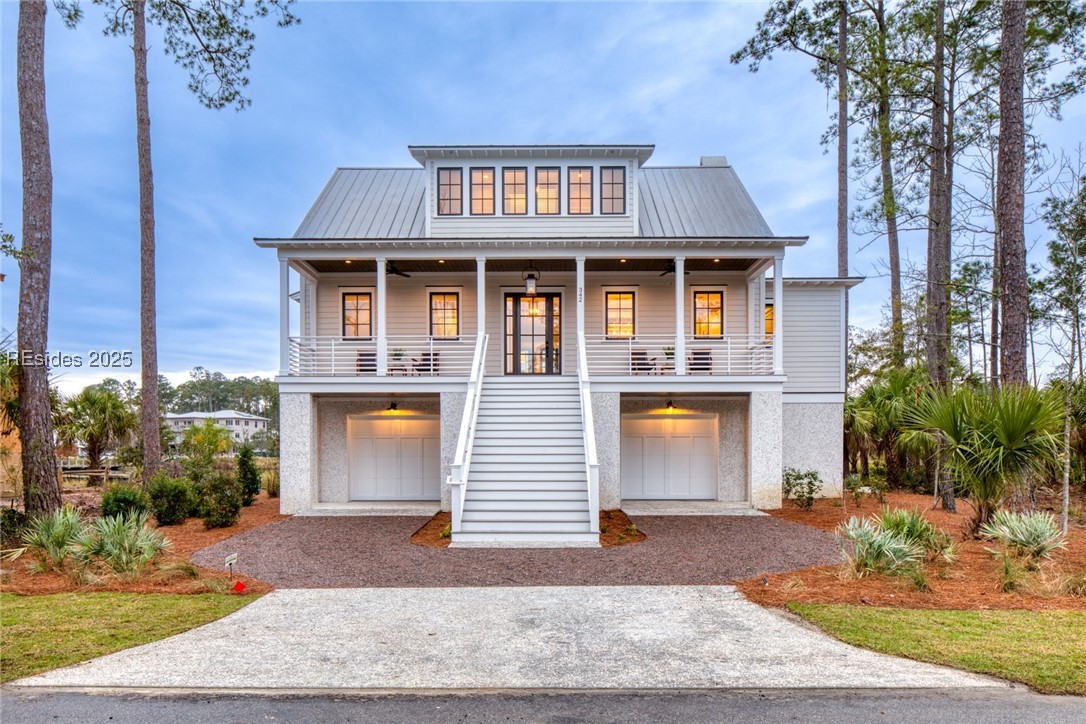
Explore 342 Corley Street in Moreland Village Every home at Palmetto Bluff tells a story, and 342 Corley Street is no exception. Perched above a sparkling lake in the heart of Moreland Village, this four-bedroom, four-and-a-half-bath Southern Coastal-style ho...
Learn about the Palmetto Bluff Conservancy and how we keep the vision of our land in place.
On land or water, there is an ever-evolving variety of activities.
We do not attempt to independently verify the currency, completeness, accuracy or authenticity of the data contained herein. All area measurements and calculations are approximate and should be independently verified. Data may be subject to transcription and transmission errors. Accordingly, the data is provided on an “as is” “as available” basis only and may not reflect all real estate activity in the market”. © [2023] REsides, Inc. All rights reserved. Certain information contained herein is derived from information, which is the licensed property of, and copyrighted by, REsides, Inc.